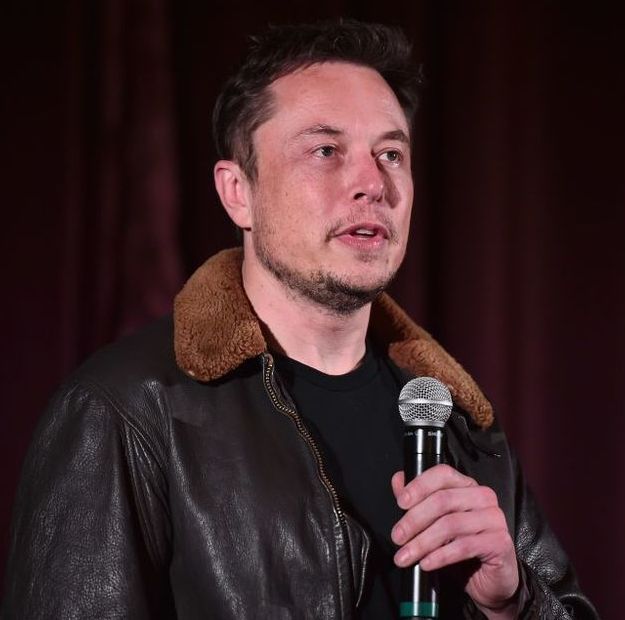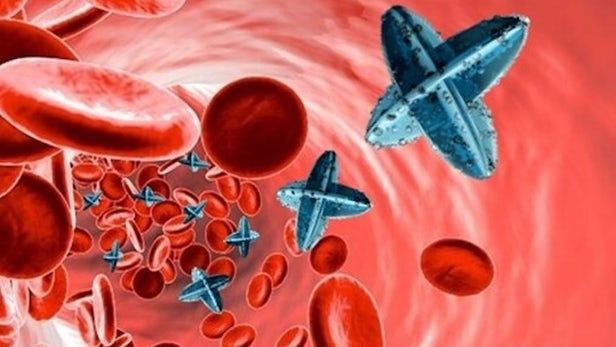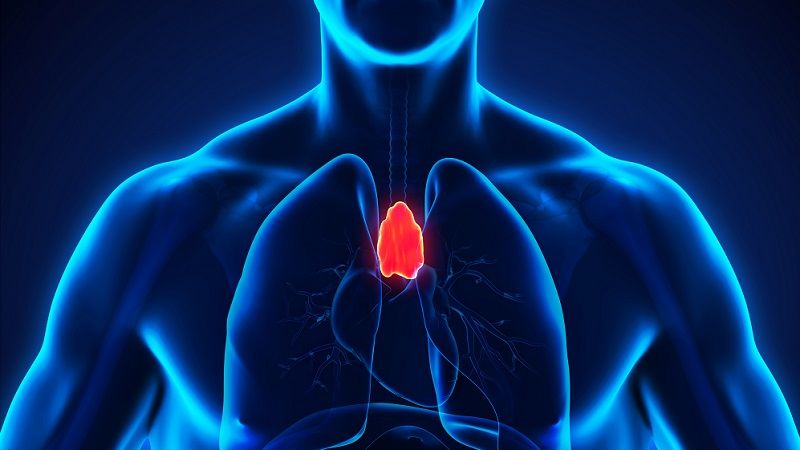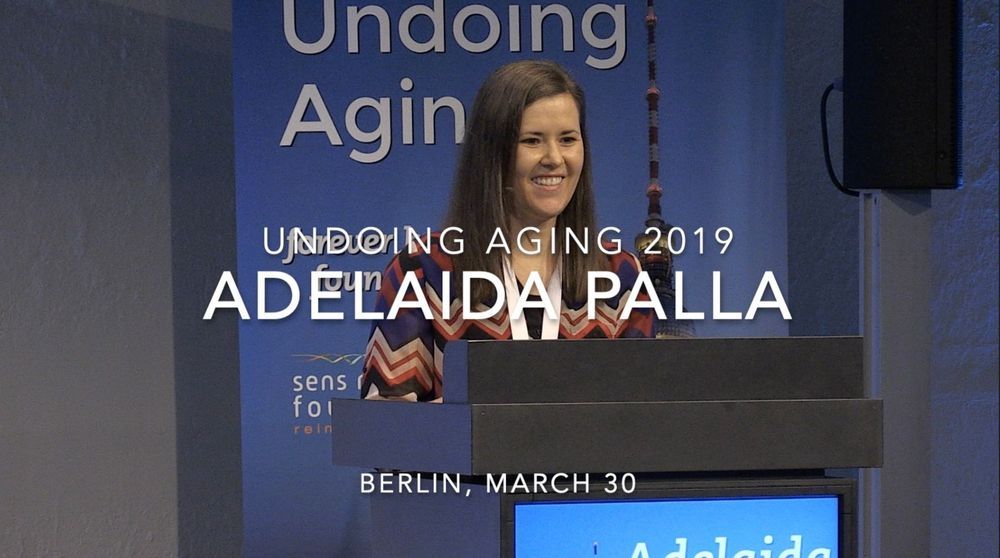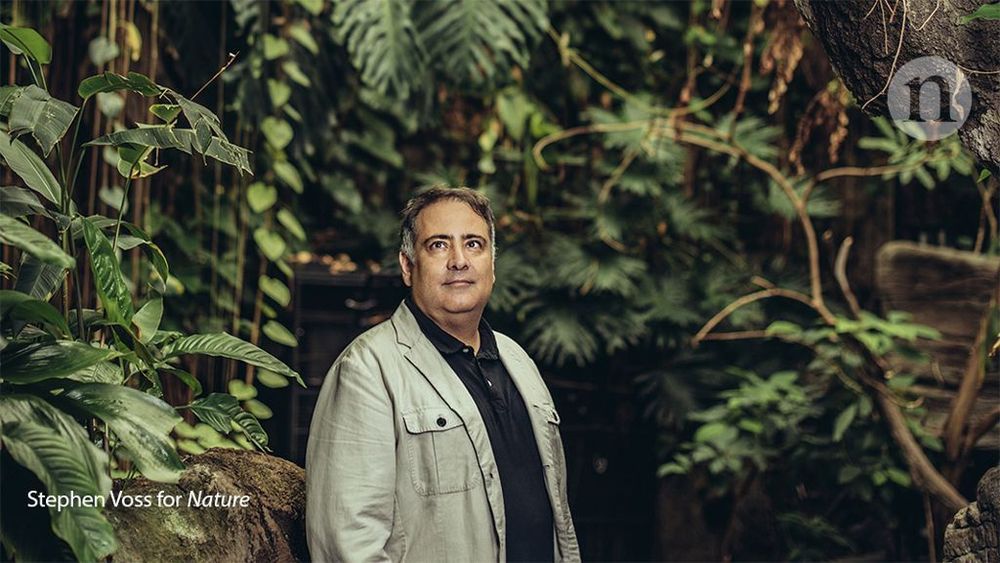Tesla and SpaceX CEO Elon Musk said that artificial intelligence “doesn’t have to be evil to destroy humanity.” In a new documentary, “Do You Trust This Computer?”.
It’s entirely possible that micro-machines could one day be delivering drugs inside the body, with many designs proposed in recent years. The latest comes from the University of New South Wales (UNSW), which gets around under its own power using a system similar to how submarines rise and sink.
In a new study, researchers at the University of Pécs, Hungary used cell secretions known as exosomes to regenerate the thymus, one of the most important organs in the body.
The thymus shrinks as we age
The thymus is arguably one of the most critical organs in the body, and it is where new T cells develop before being trained in the lymph nodes in order to become the soldiers of the adaptive immune system. However, as we get older, the thymus starts to shrink, its ability to create new T cells declines, and the immune cell-producing tissue increasingly turns into fat and wastes away; this process is known as thymic involution.
Great communities are founded on great ideas. At the same time, our most admired communities become a magnet, attracting the brightest minds. The relational effect is clear: Bright minds make a community great, and great communities attract bright minds.
In the future, communities will be designed around ways to stimulate new ideas using such things as creative environments, imagination sparkers, and inspirational architecture.
Everything is backwards now, like out there is the real world and this is the dream. (James Cameron’s Avatar, 2009)
Over recent years, considerable scholarly attention and mass media speculation has been paid to the emergence of the figure of the posthuman – a vision of augmented human that has undergone radical transformation as a result of new biotechnological and informatic technologies. This posthumanity lives simultaneously in the world of the virtual and the biological, cast concurrently as the future of a biomedically enhanced humanity and a figuration for overcoming the identity politics of the past. Some are arguing that we will eventually leave the human ‘as we know it’ behind, in a techno-modified, cognitively enhanced evolution, while in critical theory, the posthuman is being lauded as an ontology through which the boundary structures of the EuroWestern legacy of humanism can be dismantled.
New video from our 2019 Undoing Aging conference: Adelaida Palla, Senior Research Scientist at Stanford University working in Dr. Helen Blau s lab, presenting her work on novel targets to stimulate muscle stem cells to promote skeletal muscle regeneration and strength in the aged
Posted in biotech/medical, life extension
Dehgan hopes that the organization’s prizes and other initiatives will bring innovative solutions to conservation’s deepest problems. Hundreds of people have already been lured in through challenges and engineering programmes such as Make for the Planet — a multi-day, in-person event — and an online tech collaboration platform called Digital Makerspace, which matches conservationists with technical talent.
Standard efforts have failed to slow the pace of extinctions, so Conservation X Labs is trying a fresh approach.
Projects based on the elimination of trust have failed to capture customers’ interest because trust is actually so damn valuable. A lawless and mistrustful world where self-interest is the only principle and paranoia is the only source of safety is a not a paradise but a crypto-medieval hellhole.
Its failure to achieve adoption to date is because systems built on trust, norms, and institutions inherently function better than the type of no-need-for-trusted-parties systems blockchain envisions. That’s permanent: no matter how much blockchain improves it is still headed in the wrong direction.
This December I wrote a w idel y–ci rc ul ated article on the inapplicability of blockchain to any actual problem. People objected mostly not to the technology argument, but rather hoped that decentralization could produce integrity.
Let’s start with this: Venmo is a free service to transfer dollars, and bitcoin transfers are not free. Yet after I wrote an article last December saying bitcoin had no use, someone responded that Venmo and Paypal are raking in consumers’ money and people should switch to bitcoin.
